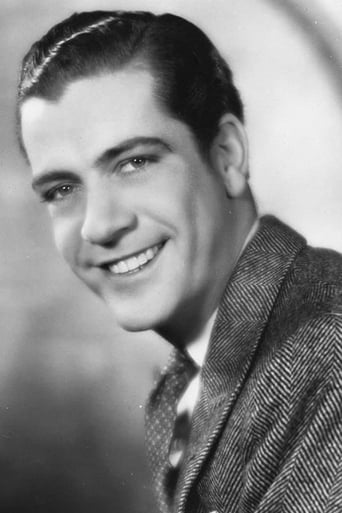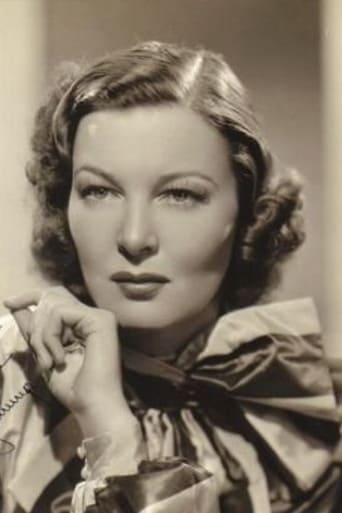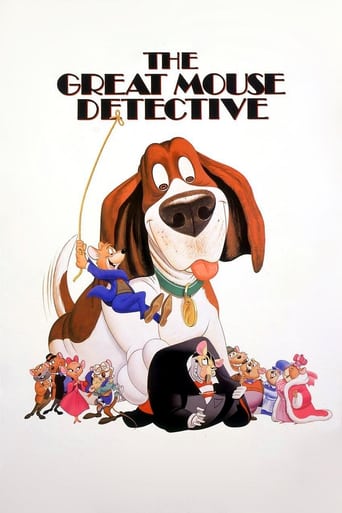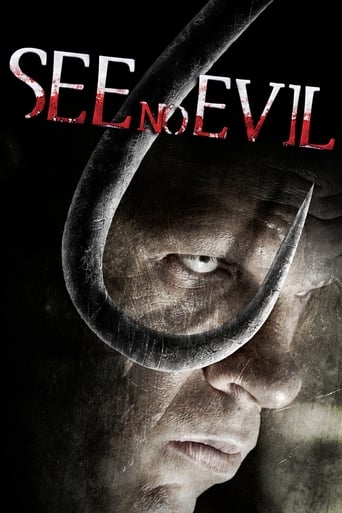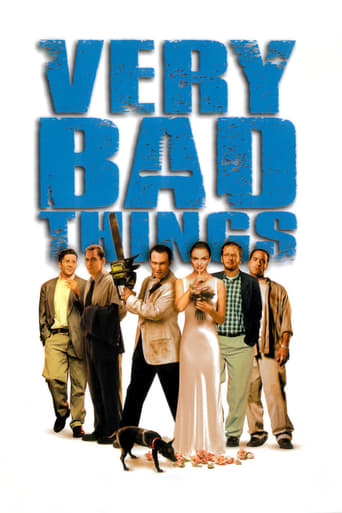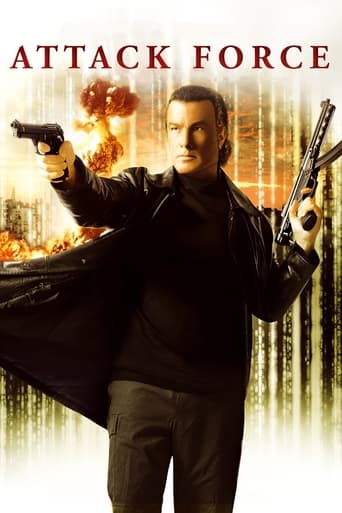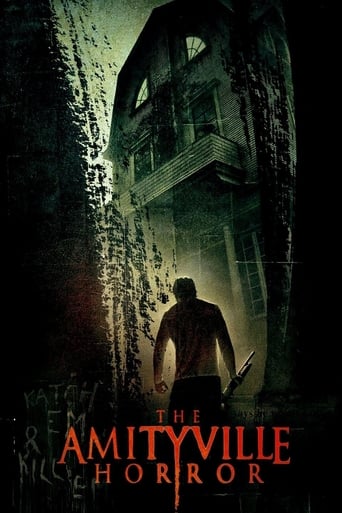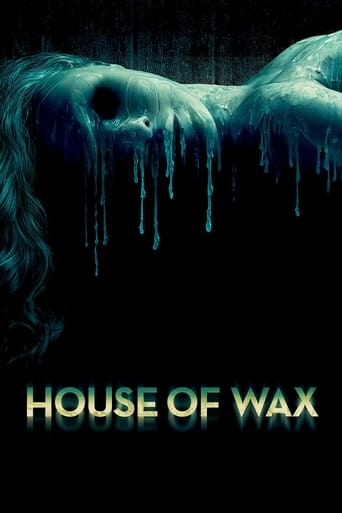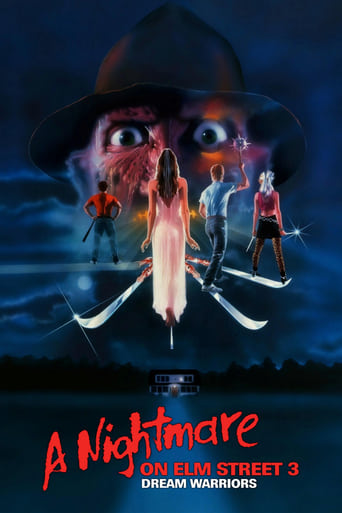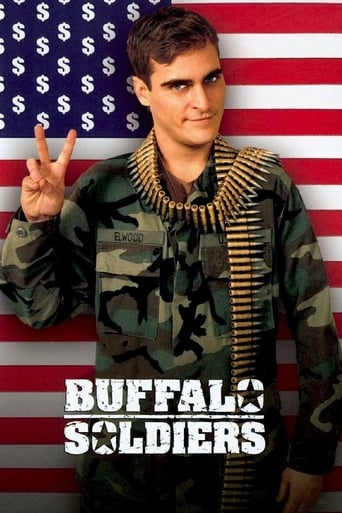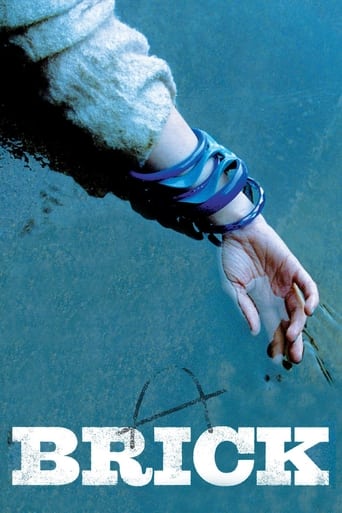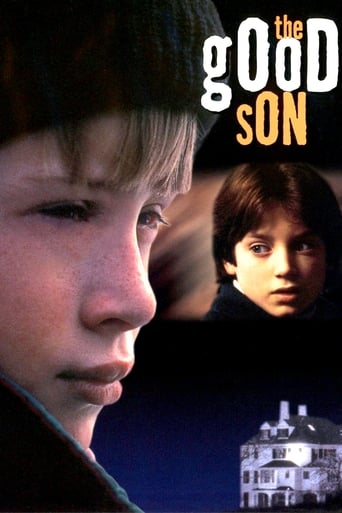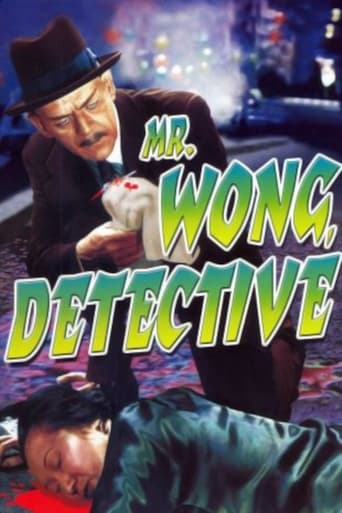
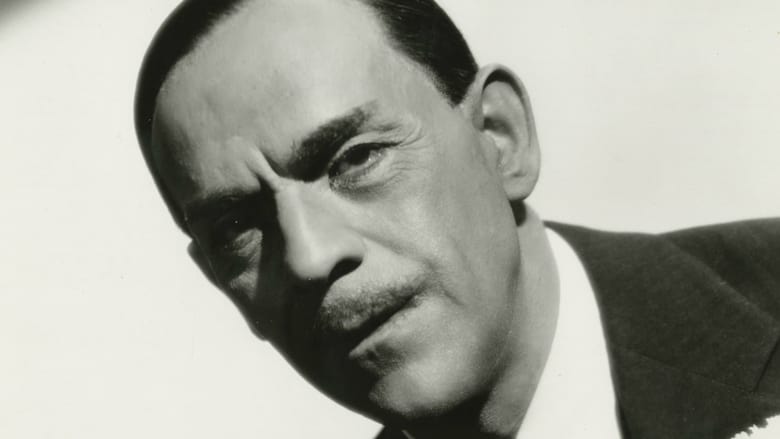
Mr. Wong, Detective (1938)
A chemical manufacturer is killed just after asking detective James Wong to help him. So Detective Wong decides to investigate this as well as two subsequent murders.
Watch Trailer
Cast
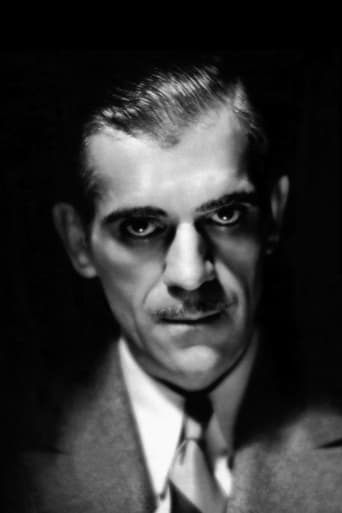


Similar titles
Reviews
The problem with many of these B murder mysteries isn't the premise, but is the fact that the audience really doesn't get a chance to pick up on clues that the particular detective get to decipher through their own convoluted knowledge of what the victim did, who their enemies are and what everybody's hobbies or habits were. Having viewed the Mr. Wong films several times each (and put Betty much hated them), I had to determine on my own the reasons for that, why even the lowest budget "Charlie Chan" seemed better to me, and why other mysteries got me involved while these left me cold. The scripts often seemed overstuffed with detail, and how much can you take in while looking around a set, watch each character and try to read between the lines of everything that everybody says. As the first entry in the series, this has to grab you immediately to keep you coming back for the follow-ups, and realizing on my own what the issue was opened my eyes to looking at them in a different way.This has to do with the murder of a chemical manufacturer, followed by several other victims, and the involvement of the first victim's friend, private detective Mr. Wong (Boris Karloff) in solving all the crimes with the help of police detective Grant Withers. Of course, all screen private detectives are smarter than screen police detectives, presumably able to see into the souls and minds of the victims and suspects. Karloff finds clues in the strangest of things, asks if certain elements of nature were present, and can wiggle out of every blockade or get answers out it suspects who don't want to give answers. There are nefarious characters you know are red herrings and seemingly innocent ones who could be the obvious killer. This gets aggravating with constant talk and little action, and of course trying to out guess Karloff is pointless. So it is just best to put your mind to rest and avoid the inevitable disappointment of failing to figure it out. After all, Mr. Wong is never wrong.
At first glance, Boris Karloff may seem an odd choice for the screen role of James Lee Wong, a fictional detective who was popular in Collier's Magazine in the early part of the 20th century. An Englishman playing a Chinaman, without much attempt at an accent? However, film fans may remember that earlier in the 1930s, Karloff starred as the insidious Dr. Fu Manchu in THE MASK OF FU MANCHU, so he already had some experience of playing a Chinese character in Hollywood. It comes as little surprise that Karloff's presence is the best thing about this low-budget detective yarn, which employs a routine 'whodunit' style plot, far too many villains and an unsurprising outcome.None of the other cast members can really hold a light to Karloff, who makes the role of Mr. Wong his own. The mild-mannered, umbrella-carrying private detective wanders around the sets, making jokes about drinking cups of tea and eating oriental duck; other than that, there's no real reason for him to be Chinese. Still, his deductive methods are sound, if understated, and he's as observant and keen as many a Holmes imitator.Workaholic director William Nigh – who made over a hundred films in thirty years – keeps things plain and simple and there's no fancy camera-work or surprises here; but then you've never expect that from the poverty-row Monogram Pictures studio. Shouty policeman Grant Withers goes for broke with his bluff, angry detective character and he's a real hoot, livening up the film no end with his hilarious stupidity. A shame the cast list of suspects and villains are so underwhelming, these guys are about as menacing as a tea bag. The most interesting plot element lies in the murder weapon, a tiny glass ball filled with poison gas, which explodes when subjected to a certain noise; I'll not say which noise that is, as not to spoil the ending, but it comes as a fun surprise. A shame that elements like this can't stir below-average dialogue and a plot that outstays its welcome, despite only a seventy-minute running time.
From memory the Mr Wong films were fun if not mind-blowingly great, though they most likely weren't trying to be. Any film that has Boris Karloff in is worth a shot, and Mr Wong, Detective is not an exception. Some scenes are poorly lit and with unfocused editing, the film does have some dull stretches that could have benefited from tighter scripting and while mostly entertaining and with a character that is nicely contrasted to the character of Mr Wong Grant Withers can go overboard with the shouting. The sets are good though and match the atmosphere and mystery well, while the script on the most part is snappy and the story is diverting and fun with a clever killing method and a particularly gripping final 10-15 minutes. The direction isn't award-worthy but it was decent, and the acting likewise. Boris Karloff is one of those actors who always did his best with what he had regardless of the quality(and he did have films, especially in the later years, that were beneath him material-wise)- Vincent Price and Tim Curry are other examples of this. He is served well, and while not exactly convincing as Chinese he commands the screen brilliantly, carrying the film with no trouble. Overall, not great but not bad at all. Not a must-see but it is worth the look and for more than curiosity value. 7/10 Bethany Cox
This is the first of the series of Mr. Wong films based upon the series of stories entitled 'James Lee Wong' written by Hugh Wiley (1884-1968), which appeared in Colliers Magazine. Colliers was a very prominent illustrated national magazine in America which paid good money for popular fiction. It did not pay as much as the Saturday Evening Post, which contained higher quality fiction and provided F. Scott Fitzgerald with most of his income, but it was lucrative. It was not uncommon for Colliers pulp fiction to be sold on to Hollywood to provide the stories for B films. Six of these Mr. Wong stories were filmed between 1938 and 1940. The first five of these starred Boris Karloff as the Chinese detective Mr. James Lee Wong, who lives in San Francisco's Chinatown, and the sixth and final one (PHANTOM OF CHINATOWN, 1940) starred the much younger Keye Luke as Mr. Wong. However, before this series began, Bela Lugosi had starred in a film entitled THE MYSTERIOUS MR. WONG (1934) which was directed by William Nigh, the same man who later directed the entire Karloff series. (He did not direct the final film in the series starring Keye Luke in 1940.) But the Lugosi film had no connection whatever with the Karloff series, since the Mr. Wong in that story is not a detective but an evil schemer who wishes to achieve world domination by collecting 'the twelve coins of Confucius'. (That was based on a short story by someone else about Confucius giving twelve coins to twelve disciples just before his death and predicting that when they all came back into one ownership again in the future, the possessor of all 12 coins would be a powerful ruler.) Earlier still, Edward G. Robinson had played another Mr. Wong in THE HONOURABLE MR. WONG (1932), based upon a play written by David Belasco and Achmed Abdullah, which was the pen name of Alexander Romanoff, son of the Grand Duke Nicholas Romanoff of Russia. The Chinese surname Wong is spelled Wang in Mandarin but Wong in Cantonese. It means 'King'. It is one of the commonest surnames in China, hence it is not surprising that various Wongs have appeared in Hollywood films, as there are tens of millions of people called Mr. Wong or Mr. Wang in China itself. This first Karloff film has an ingenious plot. People are murdered by poison glass contained in thin glass spheres, but no one can figure out how the spheres are broken. The first murder takes place between the time of the arrival of the police outside a chemical factory and the entrance of the police into the murdered man's office, a very brief space of time. How did he die in that short period? Mr. Wong finally figures it out, but I shall not reveal the ingenious secret. Karloff plays Wong in a very genteel way as a kind of English gentleman who just happens to be Chinese. In fact, in the story it is mentioned that he has even studied at Oxford. Karloff utters assorted Confucian-style proverbs from time to time, such as: 'A request from a friend is virtually a command.' It is all very mannered and stylized. The film is ruined by the oafish performance of one of the worst actors in the history of the cinema, Grant Withers, as Sam the police detective. He is so ludicrous and offensive, and shouts so much and is so rude to everyone including his fiancée, that the film's impact is gutted by it and made to appear wholly ridiculous. That is a pity, because the film otherwise had an eerie B picture air of mystery about it which Karloff's quiet detective greatly enhanced. What the Chinese would think of these films today can easily be imagined, since Karloff, especially in profile, is very much what the Chinese call 'a big nose', and could only elicit a laugh (especially as there are no Confucian gentlemen left today anyway). Certainly there was a great improvement in Hollywood when the highly engaging young Keye Luke was allowed to play Chinese characters, as he was genuinely Chinese, however Americanized he may have been in his manners and speech. But Hollywood always fell back on Hollywood stars to play Chinese, Japanese, Arabs, Turks, American Indians, Greek peasants (Anthony Quinn as Zorba), and all manner of Europeans, without even a blush. The tradition of Westerners pretending to be Orientals continued with a British actor portraying Mahatma Gandhi in GANDHI (1982). But one must presumably not look for authenticity in a world of mass illusion.


